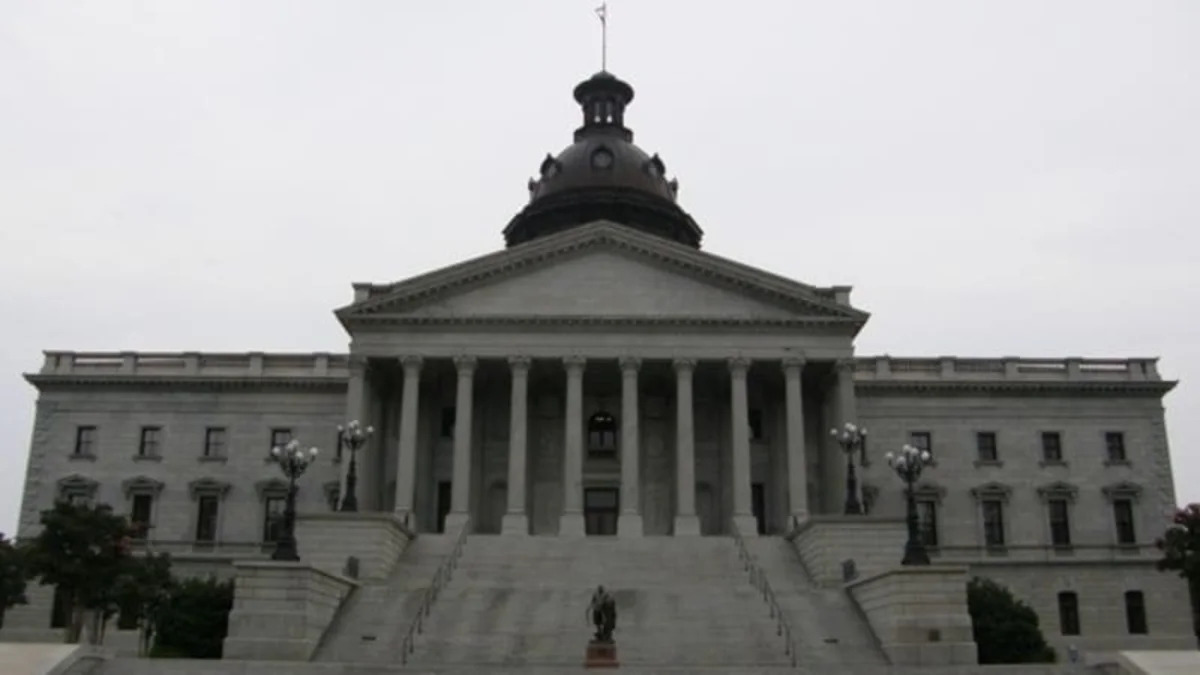Earlier this month, President Obama and DOE Secretary Chu announced big cuts to DOE hydrogen-powered car programs. The funding cut was hailed by many and panned by some in the larger argument about what the national priorities should be, but it will also have consequenses in local communities, especially those who had been making a go of it with hydrogen infrastructure. See: Columbia, South Carolina. City and state officials there can't be blamed for their hydrogen support; in fact, as late as mid-April, the DOE was sending signals it would continue to fund hydrogen projects (to the tune of $42 million) along with other technologies.
Columbia has been pushing for increased hydrogen for at least three years, issuing a "Fuel Cell Challenge" in 2006. Now, with the funding cut, local paper The State details how the DOE's budget cut will impact the local businesses, school (University of South Carolina) and students that have been working for years on fuel cells. Last month, the city opened two hydrogen fueling stations and unveiled a "hydrogen freeway" idea for the state. The good news is that USC has also been working on stationary fuel cells, and the DOE is still backing those.
Shannon Baxter-Clemmons, executive director of the South Carolina Hydrogen & Fuel Cell Alliance, told The State that the cuts are coming, wouldn't you know it, at just the wrong time: "This is a strange turn of events. We are very close to the tipping point (making fuel-cell applications, including cars, commercially viable). To stop that now is a waste of taxpayer dollars."
[Source: The State]
Photo by jimbowen0306. Licensed under Creative Commons license 2.0.
Columbia has been pushing for increased hydrogen for at least three years, issuing a "Fuel Cell Challenge" in 2006. Now, with the funding cut, local paper The State details how the DOE's budget cut will impact the local businesses, school (University of South Carolina) and students that have been working for years on fuel cells. Last month, the city opened two hydrogen fueling stations and unveiled a "hydrogen freeway" idea for the state. The good news is that USC has also been working on stationary fuel cells, and the DOE is still backing those.
Shannon Baxter-Clemmons, executive director of the South Carolina Hydrogen & Fuel Cell Alliance, told The State that the cuts are coming, wouldn't you know it, at just the wrong time: "This is a strange turn of events. We are very close to the tipping point (making fuel-cell applications, including cars, commercially viable). To stop that now is a waste of taxpayer dollars."
[Source: The State]
Photo by jimbowen0306. Licensed under Creative Commons license 2.0.


Sign in to post
Please sign in to leave a comment.
Continue